
1. agree with
①表示同意某人或某人的意见、想法、分析、解释等 (即持同一观点):
I don’t agree with you. 我不同意你的意见。
They agreed with this idea. 他们同意这个想法。
I agree with what you say. 我同意你说的。
②表示“ (食物、天气、工作等)对…适宜”:
The weather doesnot agree with me. 这种天气对我不适宜。
Hard work does notagree with him. 艰苦的工作对他不适宜。
③表示“与…一致”:
What he does does not agree with what he says. 他言行不一致。
2. agree to
①主要用来表示一方提出一项建议、安排、计划等,另一方同意协作:
We agreed to their arrangement. 我们同意了他们的安排。
She agreed to marriage. 她同意结婚。
有时 agree to 也可用来表示“答应”一件自己不愿做的事:
I was forced to agree to it, but at heart I didn’t quite agreewith it. 我被迫答应,但内心并不完全同意。
②后接 suggestion, plan, proposal 等名词时,与 accept 同义:
Do you think he will agree to (=accept) my suggestion? 你认为他会同意 (接受)我的建议吗?
He agreed to go with us. 他同意同我们去。
I never agreed to Mary marrying him. 我从来没同意玛丽嫁给他。
3. agree on [upon]
①主要指双方通过协商而取得一致意见或达成协议:
We agreed on the price. 我们就价格达成了一致意见。
Both sides agreedon these terms. 双方都同意这些条件。
②后接动名词 (=agree to do sth):
He agreed on lending (=to lend) us some money. 他同意借给我们一些钱。
Mary agreed oncoming [to come] on Monday. 玛丽同意星期一来。
4. 两点用法说明:
(2) agree 不能接不定式的复合结构,所以汉语的“同意某人做某事”,不能直译为 agree sb to do sth, 而应根据情况改用其它结构:
他们同意我去。
正:They agreed to let me go.
正:They agreed to my going.
误:They agreed me to go.
相关推荐
从含义上看,两者是一组反义词,但它们在用法却极为相似: 1. 两者均可用于句首引出某人或某事物,此时若主语是名词,则倒装(即主语放在谓语动词之后)。如: Look, here comes the teacher! 瞧…[阅读全文]
1. 表示到如此之距离,可视为far的加强说明,此时可根据情况选用时态。如: My feet are very sore from walking so far. 走了这么远的路,我的脚非常痛。 My mother lives so far away that we…[阅读全文]









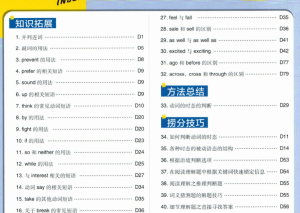


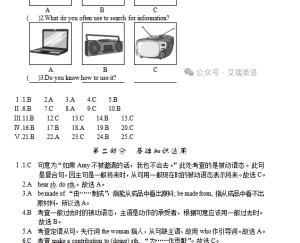




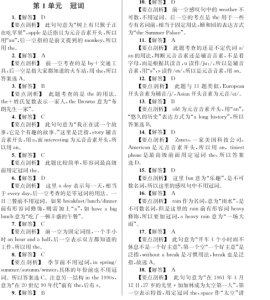
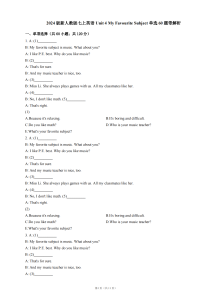




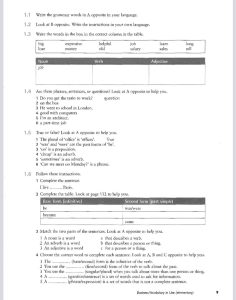


暂无评论内容